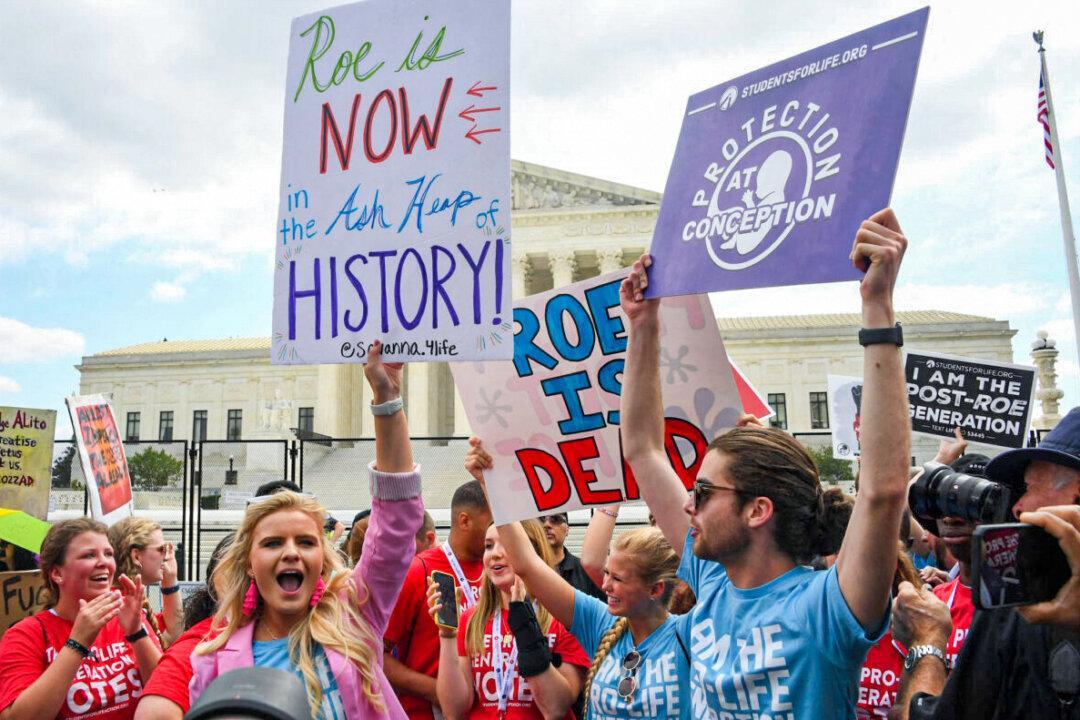The Supreme Court on Jan. 5 granted Idaho the authority to enforce its strict abortion ban while legal clashes play out over a federal law mandating emergency care.
In response to emergency requests from Idaho state officials, the nation’s highest court temporarily suspended a federal judge’s ruling that found that parts of the ban conflicted with the federal Emergency Medical Treatment and Labor Act (EMTALA) of 1986.





